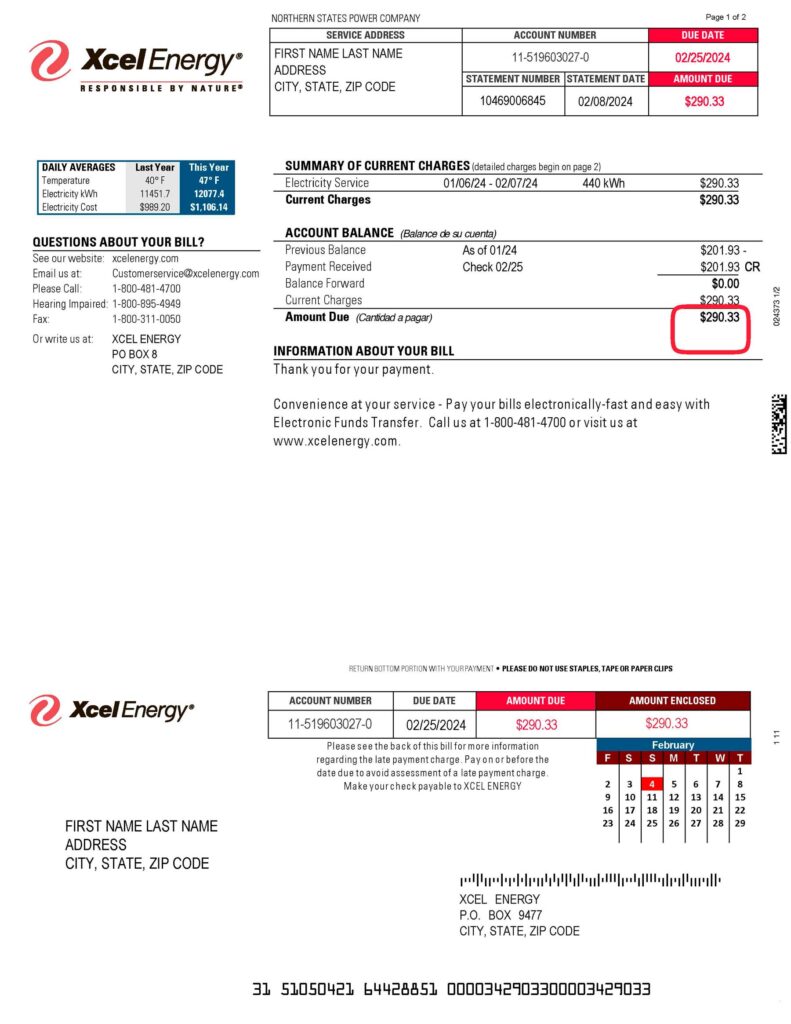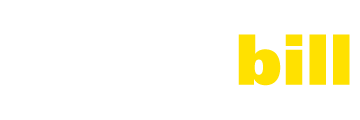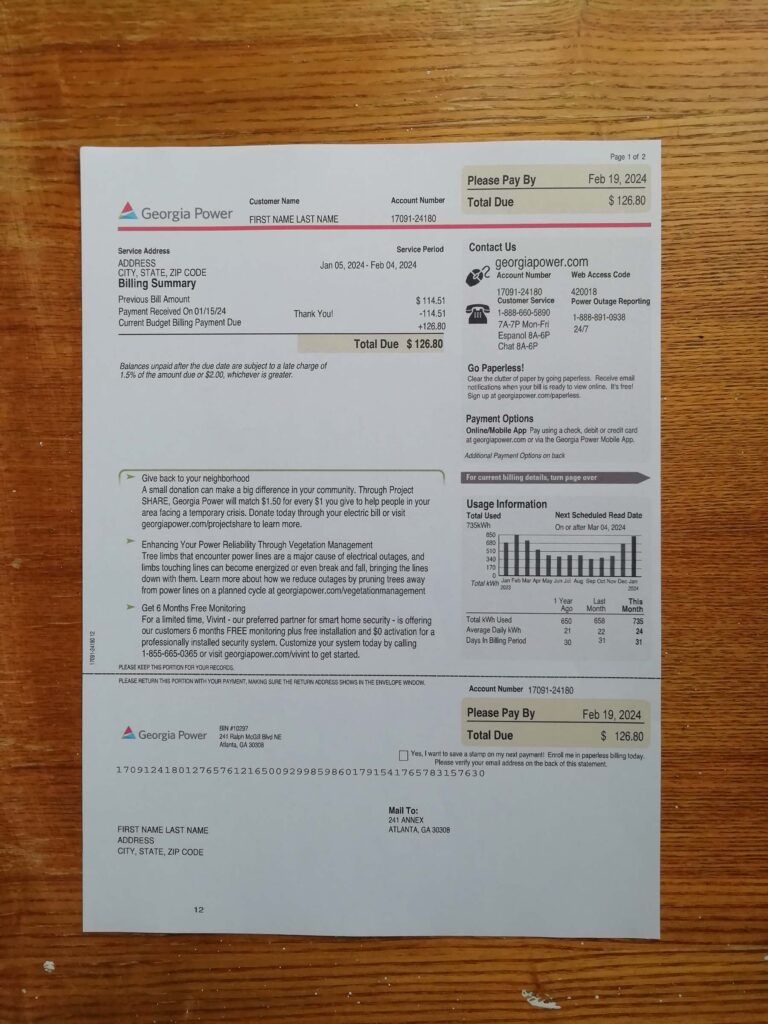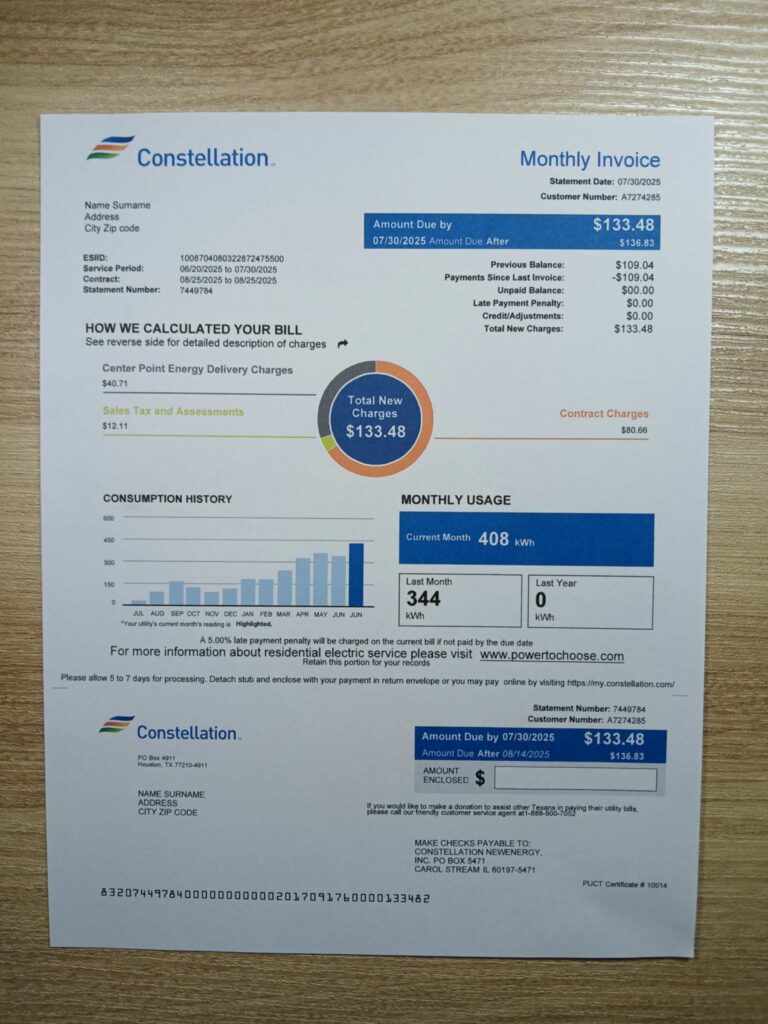
Uncommon but Valuable Uses for Proof of Address Templates in 2025
(And How to Use Them Responsibly)
In 2025, the need for address verification is bigger than ever — but that doesn’t mean it always happens in a bank or government office. Increasingly, realistic proof of address documents (including utility bills, statements, and invoices) are being used for training, testing, and workflow simulations across dozens of industries.
And no — we’re not talking about any misuse. These are ethical, educational, and professional scenarios where learning or systems testing is the actual goal.
Let’s dive into 5 highly useful, legal, and under-the-radar use cases.
5 Smart Applications You Might Not Know
- Nonprofit Grant Evaluator Training
Trainees practice verifying fictitious addresses on mock applications to understand how real-world intake works — no sensitive data, just real formats.
- Preboarding for Remote Teams
HR teams use realistic utility bills and address statements to train new staff on remote compliance protocols — especially for contractors in the US, France, or UAE.
- Legal Mock Hearings (Moot Court)
Law schools use address proof documents as part of realistic eviction hearings, tenant dispute cases, or immigration paperwork simulations.
- Financial Literacy Bootcamps
Participants receive editable bills as part of exercises on how to spot errors, calculate usage, and manage due dates. Makes budgeting real — not just theory.
- UX & Dev Testing in Localized Checkout Flows
How does a US billing address behave in your app versus a French one? QA teams use proof of address templates to ensure formatting, validators, and forms work globally.
Comparison: Utility Bill vs. Phone Bill for Verification
| Attribute | Utility Bill | Phone Bill |
| Acceptance Level | ✅ High (official, most accepted) | ⚠️ Varies (not always accepted) |
| Contains Usage Info | Yes — electricity/gas/water in kWh/m³ | Yes — minutes/SMS/data usage |
| Formatting Variety | High — differs by region/provider | Moderate — often standard |
| Simulation Value | Excellent for budget and UX training | Great for form layout testing |
Helpful Anchor
👉 View simulated proof of address templates for training & UX testing
← for developers, instructors & corporate teams
Mini Glossary for First-Time Users
| Term | Meaning |
| Billing Cycle | Time span covered by the charges (e.g., July 1–31, 2025) |
| Service Address | Physical location of the residence or business being billed |
| PO Box | Postal-only delivery address (common in UAE & Canada) |
| Editable Template | A PDF or image format that can be customized for learning/testing |
| Verification Format | The layout and information expected by systems to validate an address |
Why Simulation Matters
Practicing with editable proof of address files lets teams, students, or developers:
- Identify formatting bugs before going live
- Train staff in a safe, low-risk environment
- Analyze how different countries structure billing
- Prepare learners for real financial decision-making
- Avoid exposure to actual client or customer data
⚠️ A Word on Responsibility
Using editable address documents doesn’t mean using them deceptively. These resources are powerful when applied in the right context: training, simulation, roleplay, UX testing, and education.
Trying to pass off a mock document as real? That’s not only unethical — it’s often illegal.


